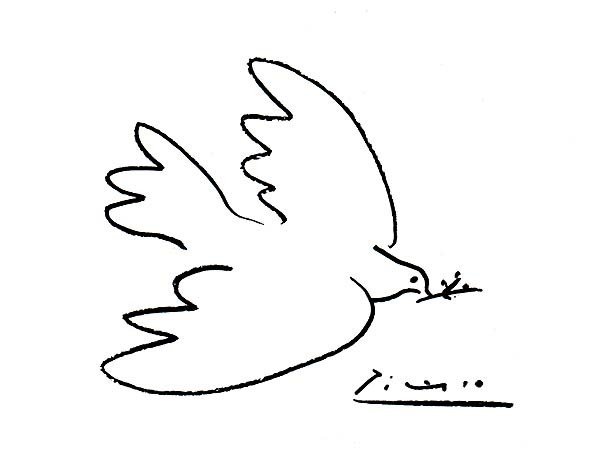World Mental Health Day
Conflict and Deaths Damage Everyone’s Mental Health

Today was World Mental Health Day (10 October).
At a press briefing, the Mental Health Platform answered bianet’s questions about the effects of armed conflict and the media’s confrontational language on a society’s mental health.
Yüksel: Politicians need to protect society's mental health
Prof. Dr. Sahika Yüksel, president of the Turkish Association for Psychiatry (TPD) said that the deaths which occured affected everyone: “It affects those related to the soldiers as well as those living in the region where the conflict takes place. The whole society experiences tension and unease.” Yüksel said that the key was to look for solutions outside of conflict: “Dialogue is important. As long as solutions outside of conflict are not discussed, an armed conflict will not go anywhere.”
However, Yüksel also emphasised, “It is not our main duty to protect society’s mental health. That is the duty of politicians.”
The World Health Organisation (WHO) defines health as "a state of complete physical, mental and social well-being and not merely the absence of disease or infirmity".
Gökalp: Lack of conflict resolution in society
However, there are factors which damage our mental health, and thus our health in general.
Dr. Peykan Gökalp, president of the Turkish Association for Neuropsychiatry listed three such factors:
“the existence of violence in society, lack of dialogue and prejudices.”
She pointed out that as a result of these factors, conflict arises. Another factor which leads to mental illness is the inability to express oneself: “It is very important to be able to express oneself adequately. This is also true for children. It is very important that families offer their child the opportunity to express its emotions.”
Gökalp drew attention to society’s lack of ability to resolve conflict and to the need to improve this ability.
Dr. Ayla Dönmez, president of the Turkish Association of Psychologists, said that “mental health is not only an individual issue, but also social.”
She emphasised the importance of developing a culture of problem-solving to replace a culture of conflict.
Dönmez added that Turkey was in need of a mental health policy. The priority of this policy, which would have to be based on human rights and democracy, would be to protect mental health before it is damaged:
“We need a mental health policy focused on people, human rights and democracy. This means providing people with preventative mental health services and creating the conditions for living in a safe society. The quality of life increases in societies which take mental health seriously.” (TK/AG)
KURDISH QUESTION
PKK Ceasefire to be Terminated on 31 October?

KCK CASE
Court Dismissed Request for Defence in Kurdish

7th Istanbul Gathering for Freedom of Thought

CONSTITUTIONAL AMENDMENTS
58 Percent Said "Yes" to Constitutional Reform Package

Rights Organizations 3 Years ahead of Foreign Minister








